10 Surprising Dangers Of Raising Chickens In Your Backyard (And 5 Tips To Keep It Safe)
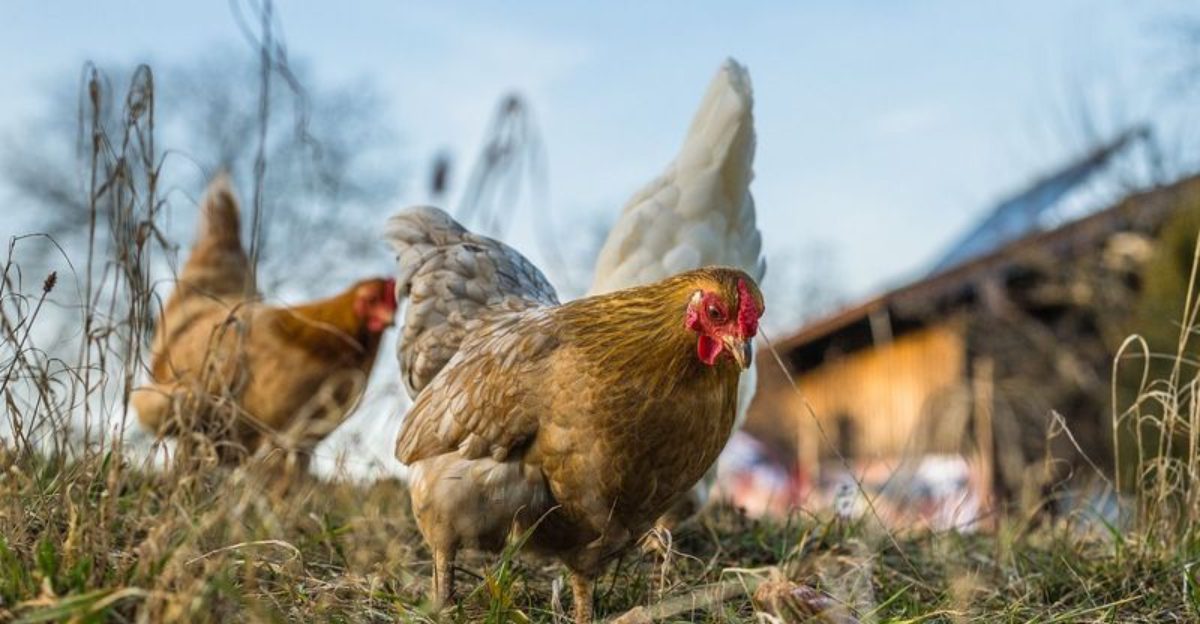
Fresh eggs right from your backyard sounds like a dream come true! But before you rush out to build a coop, there are some surprising risks that come with raising your own flock.
From health concerns to neighborhood drama, backyard chickens bring more challenges than most people realize. Let’s explore the hidden dangers of chicken keeping and how to make sure your feathered adventure stays safe and enjoyable.
1. Salmonella Outbreaks
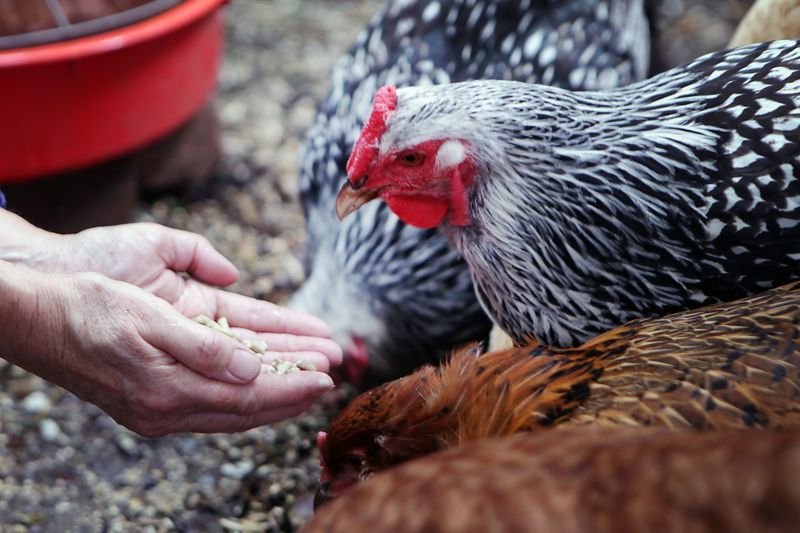
Those fluffy chicks can harbor nasty bacteria! Salmonella lives naturally in chicken intestines without making them sick, but can cause serious illness in humans.
Kids under 5 are especially vulnerable, experiencing fever, stomach cramps, and diarrhea after handling chickens and then touching their mouths. Even clean-looking birds and eggs can spread this dangerous bacteria.
2. Respiratory Problems From Chicken Dust
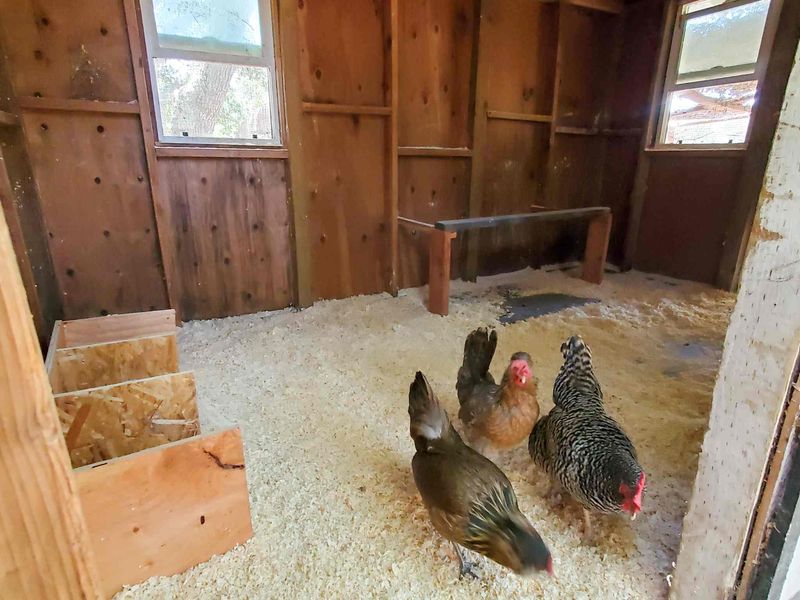
Ever heard of ‘chicken dust’? It’s a mix of feathers, dried droppings, and bedding particles that float in the air around coops. Regular exposure can trigger asthma attacks and other breathing issues.
People with existing respiratory conditions face the highest risk. The problem gets worse in enclosed coops with poor ventilation, especially during cleaning when all that dust gets stirred up.
3. Predator Attraction
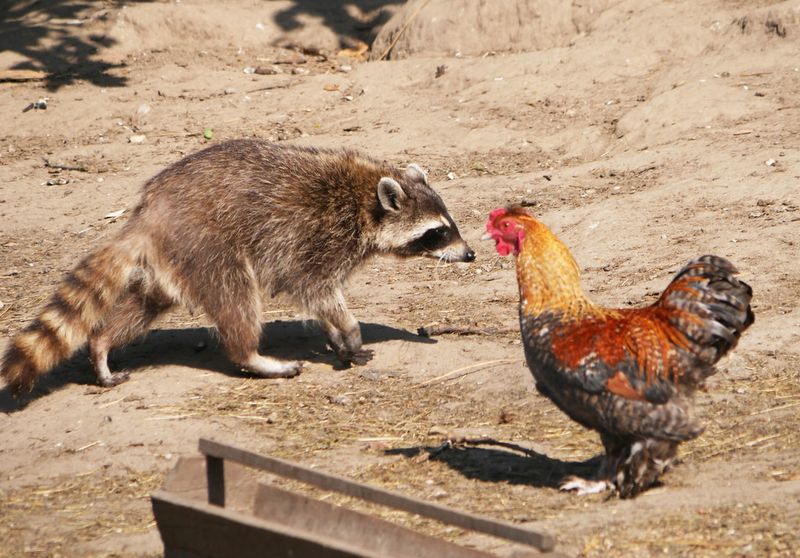
Your chicken coop is basically ringing the dinner bell for local wildlife! Foxes, raccoons, hawks, and even neighborhood dogs will smell those chickens and come investigating.
Once predators discover this food source, they’ll keep returning – possibly endangering your other pets too. Some desperate predators might even approach your home if they can’t access the coop, creating unsafe situations for children playing outside.
4. Neighbor Conflicts
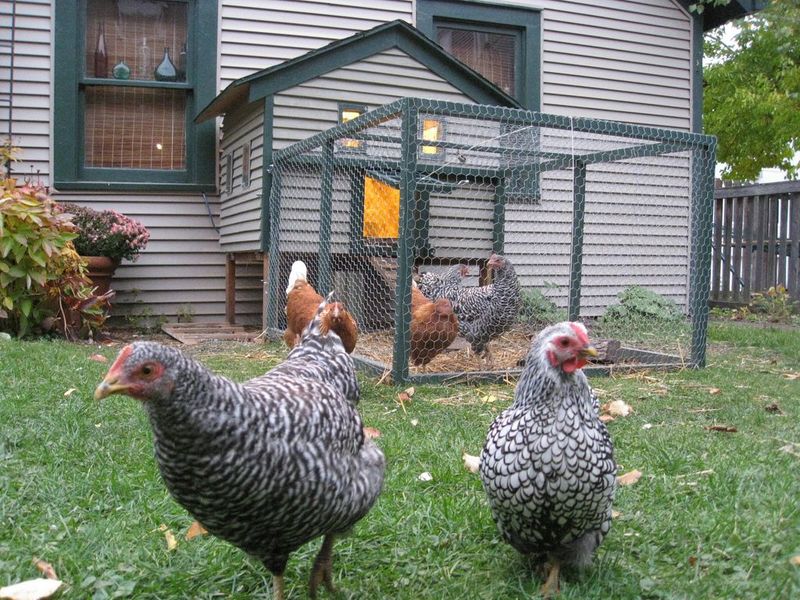
Morning wake-up calls aren’t just for roosters! Hens make plenty of noise too, especially after laying eggs. Their excited “egg songs” can quickly turn neighbors against your hobby.
Add in complaints about smells, wandering chickens destroying gardens, or concerns about property values, and you’ve got a recipe for tension. Many chicken owners end up facing complaints, HOA violations, or even legal battles with unhappy neighbors.
5. Zoning Violations
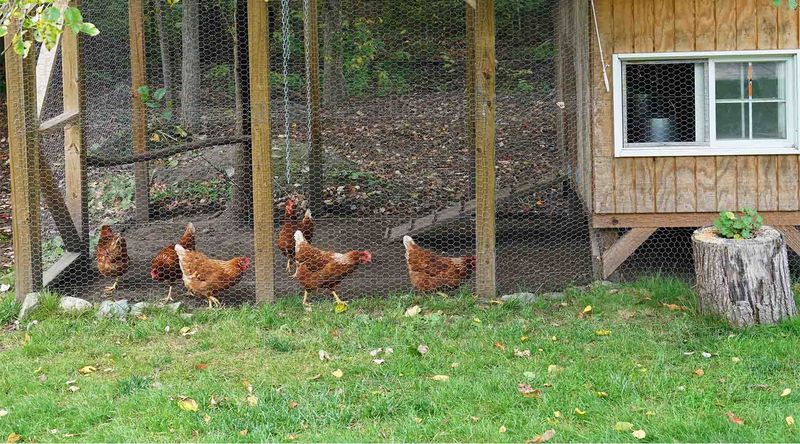
Surprise! Many urban and suburban areas have strict rules about keeping livestock – and yes, chickens count as livestock. Breaking these ordinances can result in hefty fines.
Some places limit flock size, ban roosters, or require minimum distances between coops and property lines. Others prohibit backyard chickens entirely. Getting caught with illegal chickens might mean being forced to rehome your beloved birds on short notice.
6. Chicken Mites And Lice
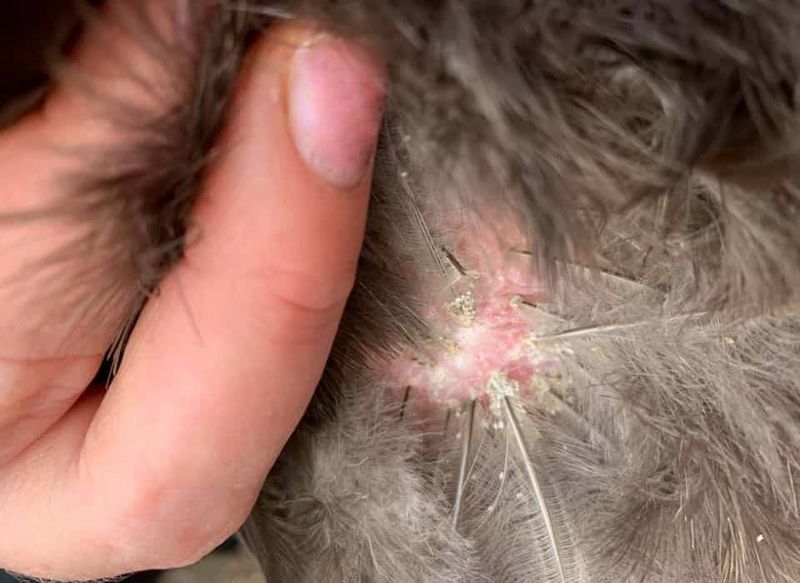
Tiny bloodsuckers can make your chickens miserable! These parasites cause intense itching, feather loss, and can even kill young birds if left untreated.
The worst part? They don’t just stay on chickens. Mites and lice can hitch rides into your home on clothing, causing itchy red welts on humans. Once established, these pests are extremely difficult to eliminate and may require professional extermination.
7. Financial Burden
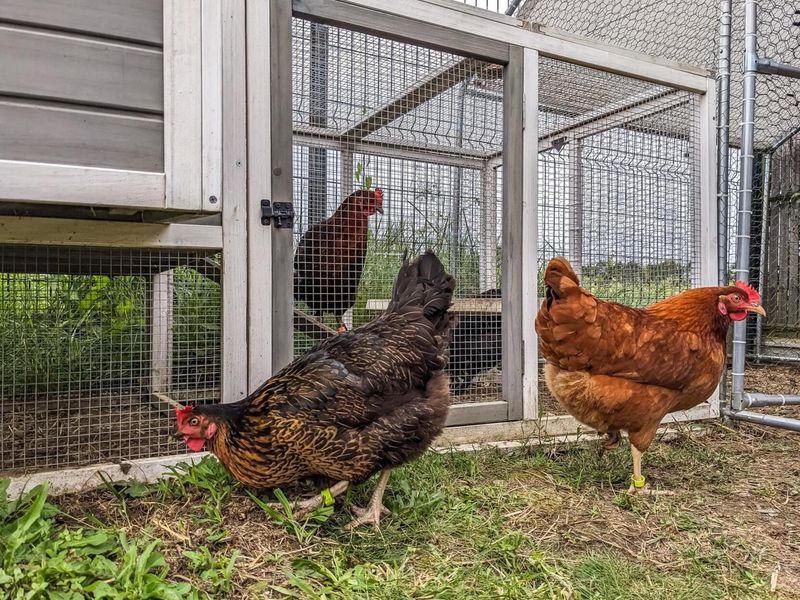
Those “free” eggs come with a hefty price tag! The startup costs alone – coop, fencing, feeders, and initial birds – can run hundreds or even thousands of dollars.
Ongoing expenses add up quickly too. Quality feed, bedding, supplements, and vet care mean each egg might cost several dollars to produce. When chickens get sick or injured, veterinary bills can be shocking, especially since finding avian specialists is difficult in many areas.
8. Soil And Plant Contamination
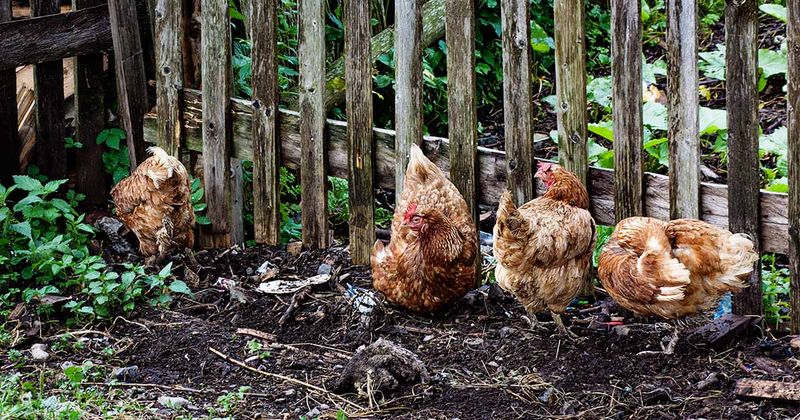
Chicken manure is nitrogen-rich, which sounds great for gardens until you realize too much can burn plants and create toxic soil conditions. Free-ranging chickens target garden beds for their dust baths too!
They’ll happily devour your vegetable seedlings, dig up flower bulbs, and scratch mulch everywhere. Their pecking and scratching can destroy years of careful landscaping work in just a few hours of unsupervised “fun.”
9. Avian Diseases
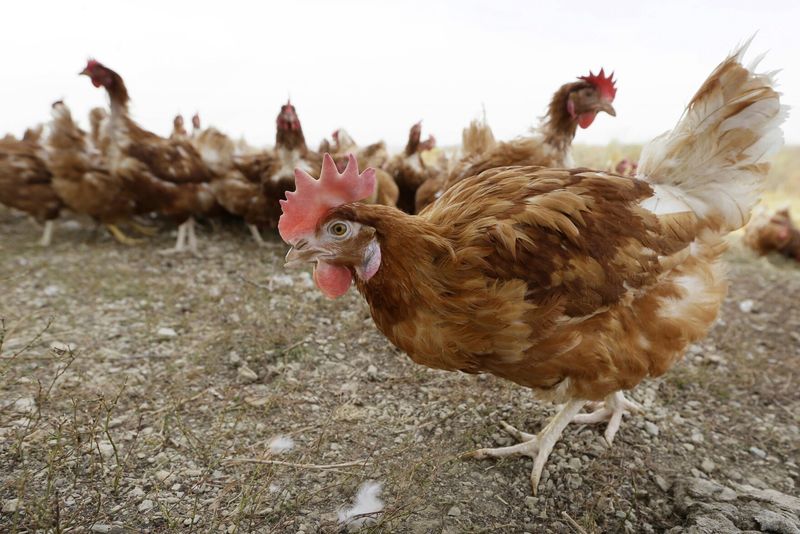
Bird flu isn’t just a wild bird problem! Backyard flocks can contract highly contagious diseases from migrating birds that pass overhead or land nearby.
Some avian diseases can spread to humans, while others might trigger mandatory culling of your entire flock if reported. The emotional toll of losing birds to disease can be devastating, especially for children who’ve become attached to their feathered friends.
10. Time Commitment Shock
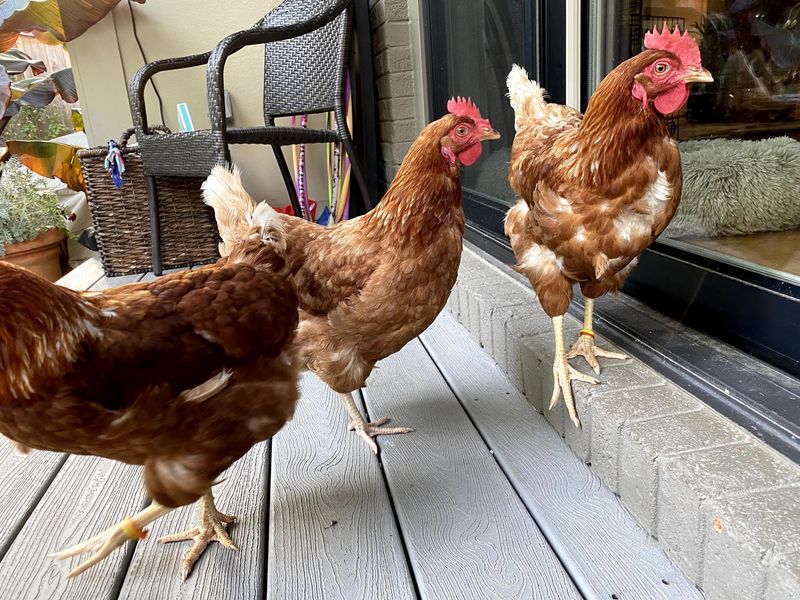
Chickens need daily care, no exceptions! Someone must be home every single day to feed, water, and collect eggs. Finding chicken-sitters for vacations is surprisingly difficult.
Winter brings extra work – breaking ice in waterers, extra cleaning, and sometimes heat lamps that require monitoring. Many enthusiastic beginners burn out after realizing chickens need attention multiple times daily, 365 days a year, for their entire 5-10 year lifespan.
11. Secure Your Coop Like Fort Knox

Hardware cloth is your new best friend! Unlike chicken wire, which predators can tear through, 1/4-inch hardware cloth creates a truly secure barrier when properly installed.
Don’t forget to extend it at least 12 inches underground to prevent digging predators. Automatic door closers that seal the coop at dusk provide extra protection when you’re running late. Remember: a single weak spot is all a determined predator needs.
12. Practice Religious Hand Hygiene
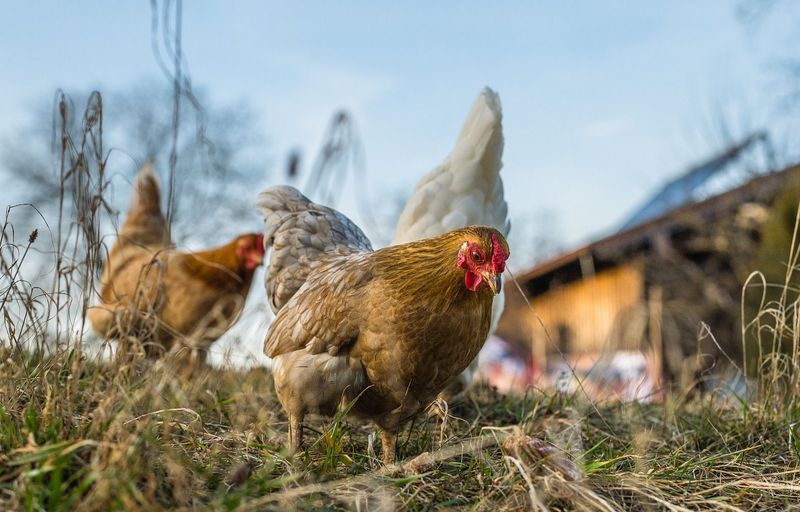
Hand sanitizer isn’t enough when dealing with chicken germs! Keep a dedicated pair of “chicken shoes” that never enter your house, and install a handwashing station near your coop.
Teach children the “chicken rules” – no kissing birds, no bringing them inside, and always wash with soap and water after handling. These simple habits dramatically reduce your family’s risk of catching zoonotic diseases while still enjoying your feathered friends.
13. Create A Dust-Free Cleaning Routine
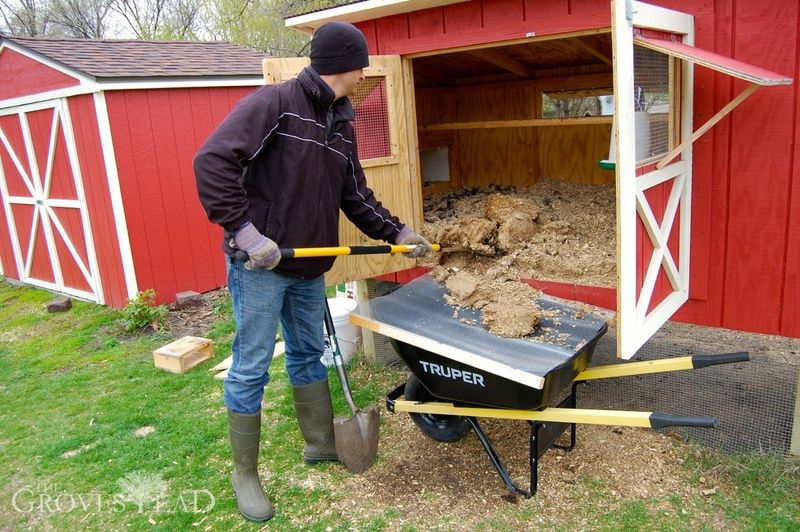
Misting the coop lightly before cleaning keeps harmful dust particles from becoming airborne. Wearing an N95 respirator (not just a dust mask) provides crucial lung protection.
Consider using the “deep litter method” during winter months to reduce cleaning frequency. This approach allows bedding to compost in place, creating warmth while minimizing your exposure to dangerous dust. Your lungs will thank you for these simple precautions!
14. Win Over Your Neighbors First
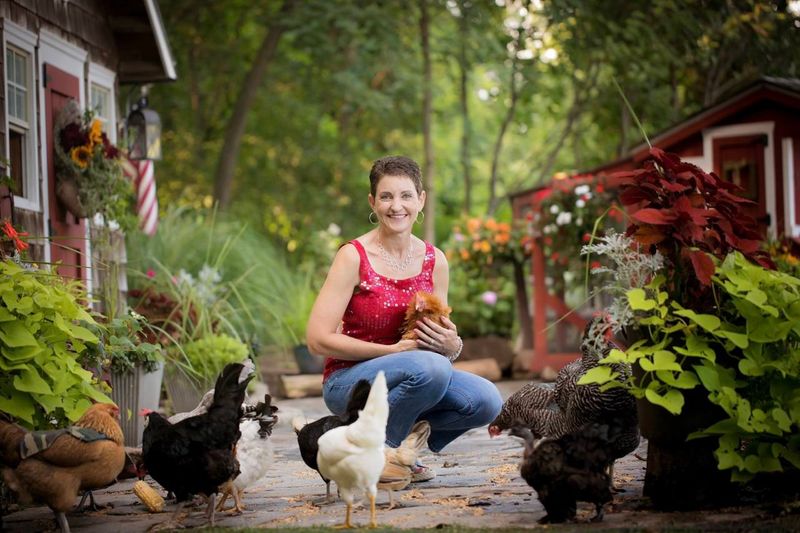
Share the egg wealth! Regularly gifting beautiful fresh eggs to neighbors creates goodwill that’s worth its weight in gold.
Before bringing home chickens, have friendly conversations with adjacent neighbors about your plans. Address concerns proactively by positioning your coop far from property lines and installing sound-dampening features. Consider implementing a no-rooster policy to maintain neighborhood peace.
15. Know When To Call The Pros
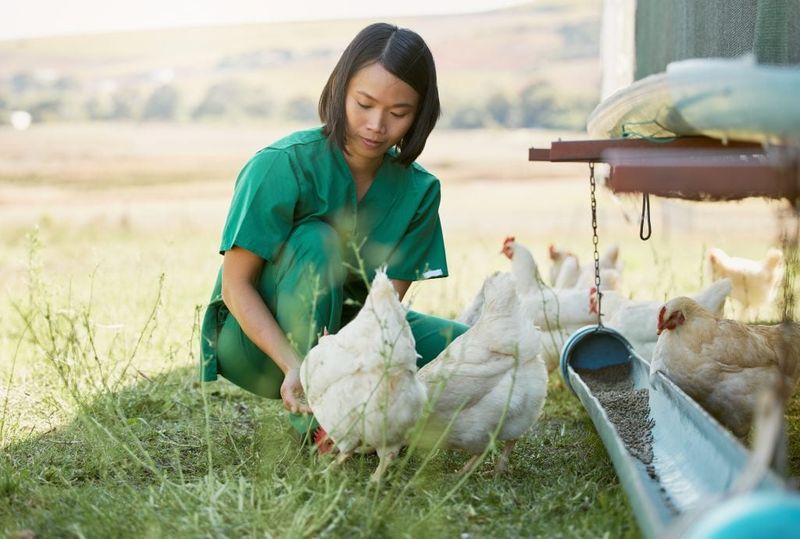
Find an avian vet before emergencies happen! Not all veterinarians treat chickens, so establish a relationship with one who does and keep their number handy.
Learn to recognize serious chicken symptoms that require immediate attention – like respiratory distress, prolapsed vents, or egg binding. Having a basic chicken first-aid kit prepared can make the difference between life and death for an injured bird.






